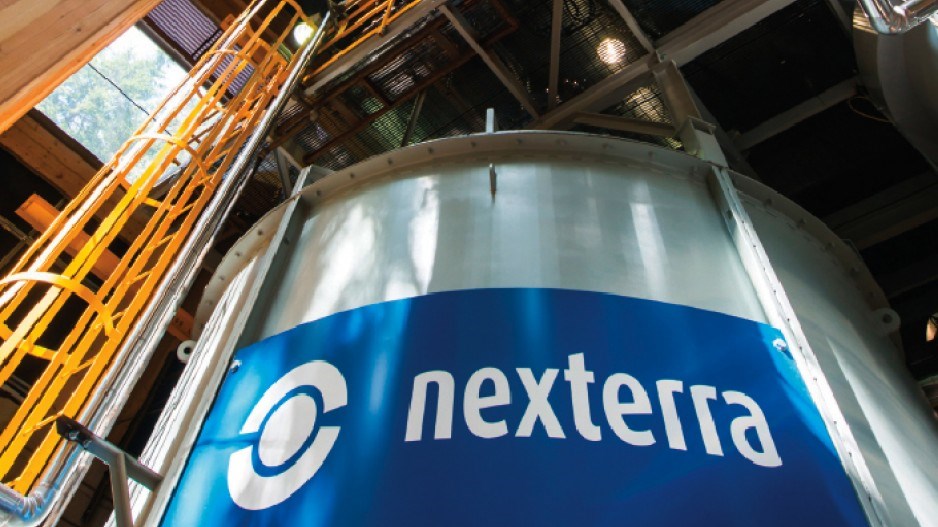A new bioenergy plant that turns wood waste into clean gas to generate heat and power at the University of British Columbia is being billed as a first of its kind.
But it could also be the last of its kind to be built in North America anytime soon, if natural gas prices go any lower.
Natural gas is now so cheap in the U.S. and Canada that companies in the clean-energy space are finding it hard to compete.
"The market has slowed down significantly in the last 12 to 18 months," said Darcy Quinn, Nexterra's director of business development.
Nexterra has built bioenergy plants in Canada and the U.S., but the gas produced in its early plants contains contaminants that gunk up internal combustion engines, so it can only be burned in boilers to create steam to power turbines.
A new $34 million combined heat and power plant at the University of British Columbia's Bioenergy Research and Development Facility is the first to produce a gas so clean it can be burned in a General Electric engine to generate heat (enough to provide 12% of UBC's needs) and two megawatts of electricity (enough to power 1,500 homes).
The new plant was built with the help of $13.7 million in federal funding and $7 million from the province.
It takes $2 to $3 of wood waste for UBC to produce one gigajoule of energy, but the final delivered cost of producing power and heat is in the range of $7 to $10 per gigajoule. The hub price for natural gas in Canada, by contrast, is about $3 per gigajoule, although when carbon taxes and transmission costs are factored in, some institutional users are still paying "north of $8 a gigajoule," for natural gas, Scott said.
"When this project [at UBC] was announced, the price of natural gas was two times what it [is now], so that had a much bigger impact," Quinn said.
"Natural gas prices are so cheap, it makes the economics of fuel switch challenging. That's one of the reasons we're looking at international markets. There are still jurisdictions where gas prices are significantly higher and the value proposition is much better."
"Whereas four years ago, I think we would have thought we'd be selling more than 10 systems a year," Nexterra CEO Mike Scott said. "Now, in light of these lower natural gas prices, the market is smaller."




